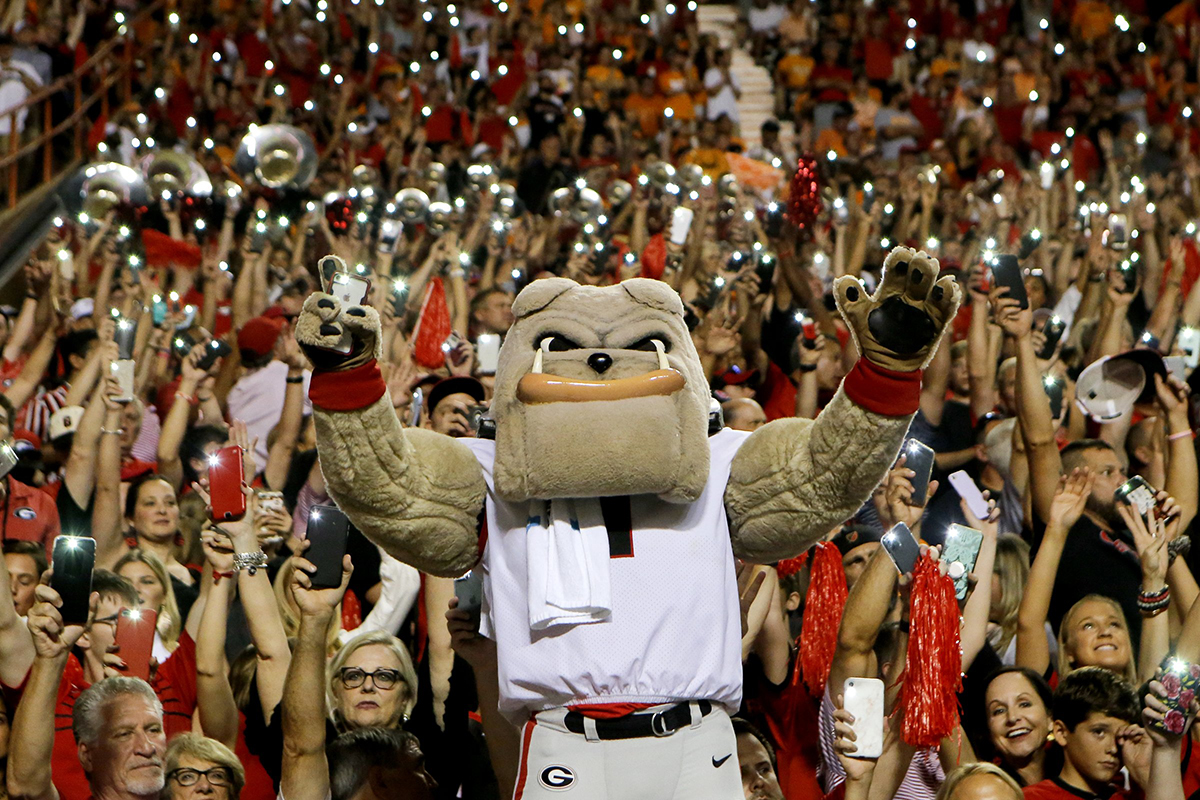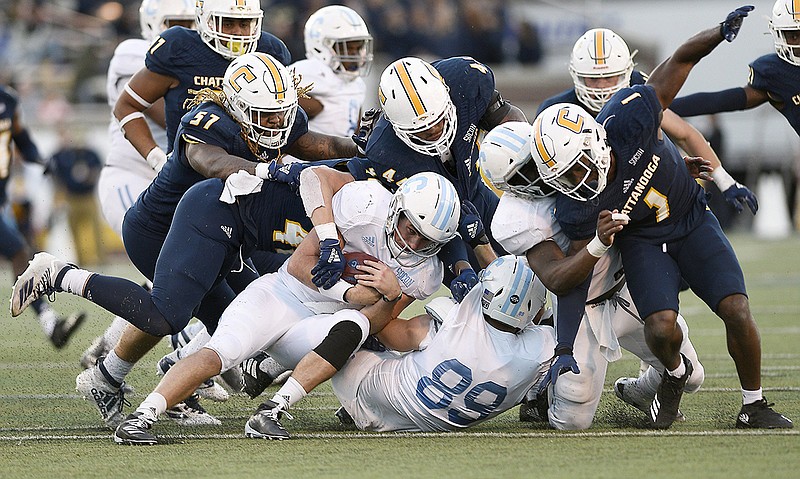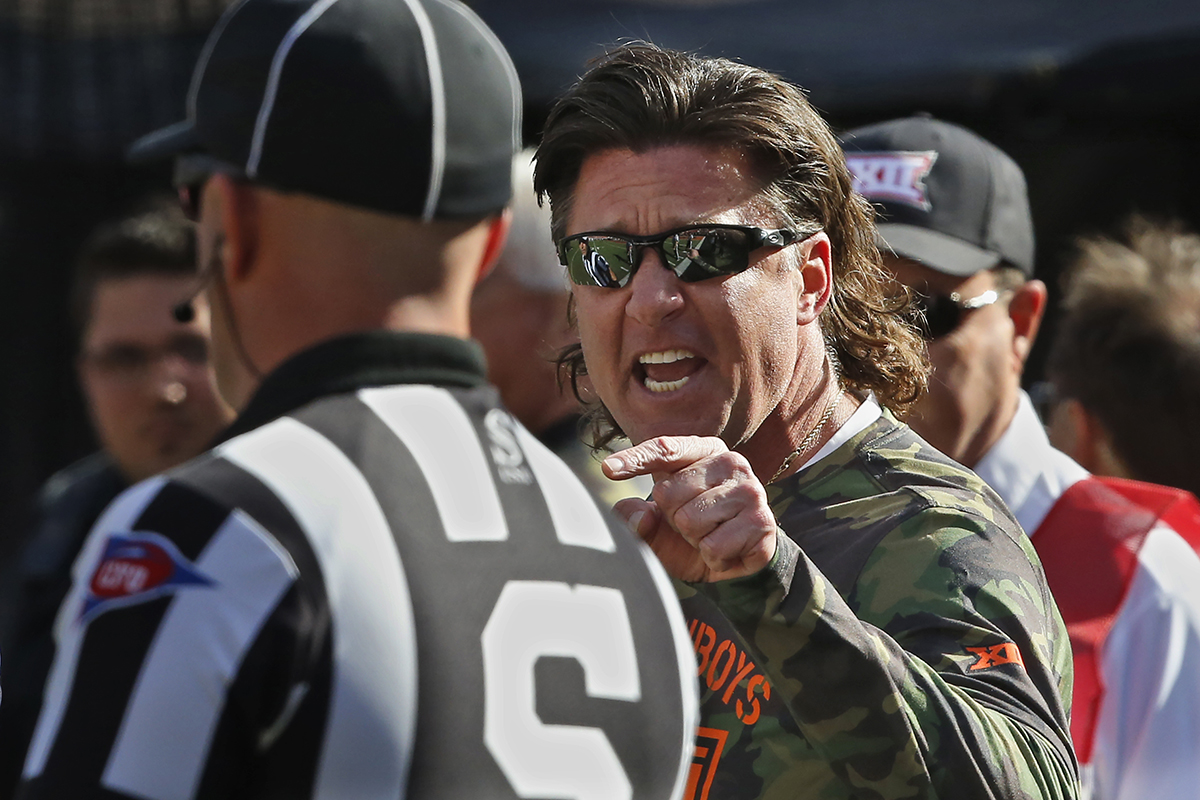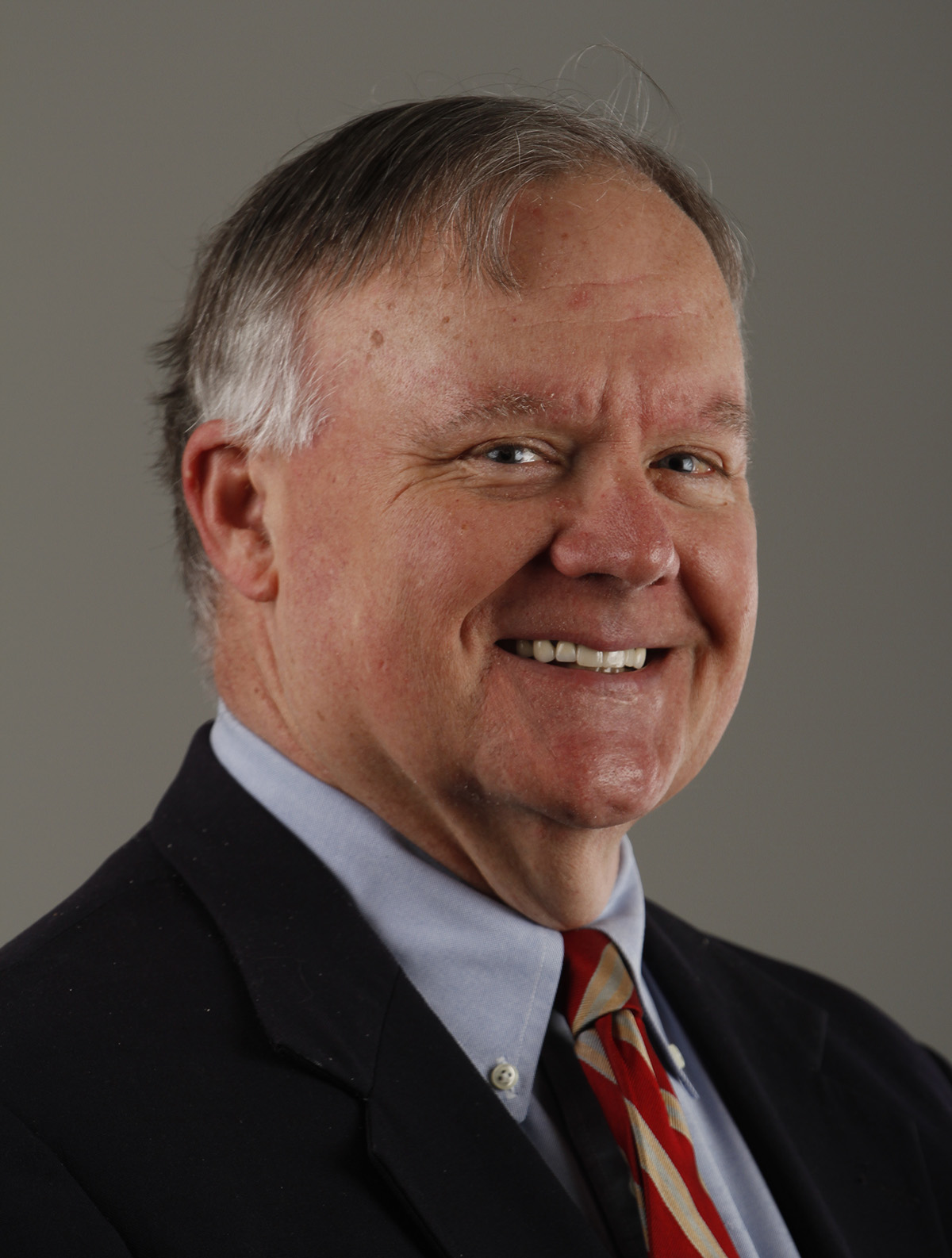To spy any church parking lot Easter morning was to quite possibly have been hit with the seemingly incompatible emotions of sadness and pride.
Wherever you worship on Easter, if you worship, is to typically find your church overflowing with families dressed in their Sunday finest, normally in bright pastels of blue, green, yellow and pink, but almost always more decked out than at any other time of the year, including Christmas.
The music is always uplifting. Is there any better song to stir a church congregation than "Christ the Lord is Risen Today" other than, perhaps "Silent Night"? The message is one of supreme hope. And then you walk outside to budding flowers and shrubs and trees bathed in spring green. Hope springs eternal, indeed.
So to be forced to celebrate Easter morn in your own home if your church is advanced enough technologically to stream its service on YouTube or Facebook was to probably feel a bit of emptiness and loss.
Yet there should also have been great pride in knowing we've sacrificed our wants for our needs, which is to put an end to this coronavirus pandemic as swiftly as possible.
It is not always something Americans embrace, a loss of freedom to do as we choose, however temporary that forced sabbatical. But all this distancing we're doing and masks we're wearing and staying home as much as possible is also the best way to regain our freedom, and we seem to have quite admirably sensed that.
Then again, questions posed this past week throughout the sports world make you wonder how much longer the powers that run both college and professional teams, as well as the athletes who play for them, are willing to hold tight to these quarantines, postponements and cancellations.
As spring bleeds into summer and summer races toward fall, can we all have the patience to follow those preaching caution? Or will we follow the path of Oklahoma State football coach Mike Gundy, who briefly tripped on his modified mullet when he said he planned to be back at work on May 1?
"At some point we've got to go back to work," he said early last week. "We've got to get these guys back in here. From what I read, the healthy people can fight this, the antibodies make it better."
By Saturday, Gundy was backtracking through a prepared statement, noting: "I have been made aware that comments from my press conference have offended some. It was never my intention to offend anyone and I apologize."
Contrast that with Ohio State athletic director Gene Smith's laudable concern for his school's student-athletes.
Said Smith when asked about his Buckeyes playing football games this fall in empty stadiums: "I struggle with that concept. When I first heard that, I said, 'OK, that could work.' But I figured if we don't have fans in the stands, we've determined it's not safe for them in a gathering environment. So why would it be safe for the players?"
You could argue that for at least the rest of this year, the NCAA's Power Five conferences, the NFL, the NBA and Major League Baseball could survive without fans in the stands due to television contracts, at least as long as their players were willing to take the field or court.
But could the pro athletes, for whom the need for money may override the need for caution?
Merely consider this: An ESPN reporter was discussing MLB's idea of possibly bringing all its teams to Arizona and playing all their games in the desert without fans but with TV cameras. A player asked about the idea balked, saying he'd be uncomfortable being away from his family for more than four months.
But the next morning the player texted the reporter to say his wife had told him that if it meant he was getting paid, she and the kids could live without him for four months or so.
The longer this lasts, the more bills that pile up, those opinions will take hold.
 Staff photo by C.B. Schmelter / University of Georgia mascot Hairy Dawg and Bulldogs football fans "light up" Knoxville's Neyland Stadium at the start of the fourth quarter against the host Tennessee Vols in October 2019. Both teams are far better suited to deal with the possible loss of games this football season than smaller programs outside of the Power Five conferences.
Staff photo by C.B. Schmelter / University of Georgia mascot Hairy Dawg and Bulldogs football fans "light up" Knoxville's Neyland Stadium at the start of the fourth quarter against the host Tennessee Vols in October 2019. Both teams are far better suited to deal with the possible loss of games this football season than smaller programs outside of the Power Five conferences.And what about the fans? That loss of revenue would hurt at all schools, but Texas A&M, for instance, has an endowment of more than $13 billion. Vanderbilt has more than $6 billion, Florida nearly $2 billion, Alabama close to $1 billion. Think they wouldn't prop their athletic budgets for a year or more if necessary?
However, outside of the Power Five conferences, including Football Championship Subdivision programs such as the University of Tennessee at Chattanooga, the situation is far different. If the Mocs and other similar teams have no fans in the stands, they have no revenue to speak of.
Which is where two diametrically opposite polls about fans returning to the games comes in.
A Seton Hall University study released last week noted 72% of the 762 folks it polled said they would not attend a sporting event until a vaccine for COVID-19 was found.
Conversely, internet darling and Middle Tennessee resident Clay Travis noted a Twitter poll he conducted by asking if his followers would attend a sporting event this summer or fall without a coronavirus vaccine existing found nearly 77% of the 89,681 who responded said they would go.
At this point, the only thing that seems to be clear is that nothing is clear.
A Sunday New York Times story included the following passage: "Religious gatherings like Easter and Passover are not the only rituals affected. Spring - the season of rebirth - is unfolding without baseball, family reunions, bluebonnet viewings and more."
The question now becomes, in the sports world and beyond, will this summer and this fall follow this spring as seasons of forced isolation and cancellation?
Contact Mark Wiedmer at mwiedmer@timesfreepress.com. Follow him on Twitter @TFPWeeds.


